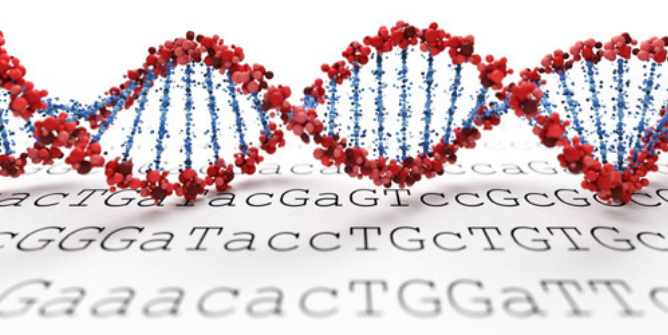
First Patient Dosed in Freeline’s Dose-Confirmation Trial for Hemophilia B Gene Therapy
The company’s investigational gene therapy has been developed for individuals with severe or moderately severe hemophilia B.
The UK-based biotechnology company Freeline recently announced that the first U.S. patient has been dosed in its Phase 1/2 B-LIEVE dose-confirmation clinical trial of FLT180a for the treatment of hemophilia B. FLT180a is developed with the company’s proprietary adeno-associated viral (AAV) vector and its protein shell capsid, known as AAVS3, to deliver the genetic material that generates therapeutic factor IX levels in hemophilia B patients.
Recruitment for B-LIEVE, which is ongoing at the Children’s Hospital of Los Angeles, includes males 18-65 years of age, with severe or moderately severe hemophilia B.
The first three trial participants will receive a single dose of 7.7e11 vector genomes per kilogram (vg/kg), with subsequent doses determined based on the findings of a safety review. “We are optimistic that the combination of a low dose (7.7e11 vg/kg) of our high-expression AAVS3 capsid with a short prophylactic immune management regimen can get and keep hemophilia B patients in the normal range of Factor IX expression, said Pamela Foulds, MD, Chief Medical Officer of Freeline. “This is a meaningful step towards realizing the potential of FLT180a to provide a functional cure through sustained, normalized FIX activity.”
“Looking ahead, we believe we have already identified enough patients to fully enroll the B-LIEVE trial via the ECLIPSE run-in study and expect to complete the dosing of the first cohort and share initial results by the end of the first half of this year,” added Michael Parini CEO of Freeline. “We continue to progress against these key milestones as we chart the path toward a pivotal Phase 3 study of FLT180a, and currently plan to initiate start-up activities for that study in the first half of 2023.”
According to a Freeline press release, the company intends to share initial safety and biomarker data from the first dose cohort in the first half of 2022. Should additional patients be dosed as part of the first dose cohort, or a second dosing group be added, those components are expected to be complete by the end of the third quarter of 2022.
Source: Freeline press release dated March 9, 2022, Hemophilia News Today, March 11, 2022, published by the National Hemophilia Foundation, April 2022.